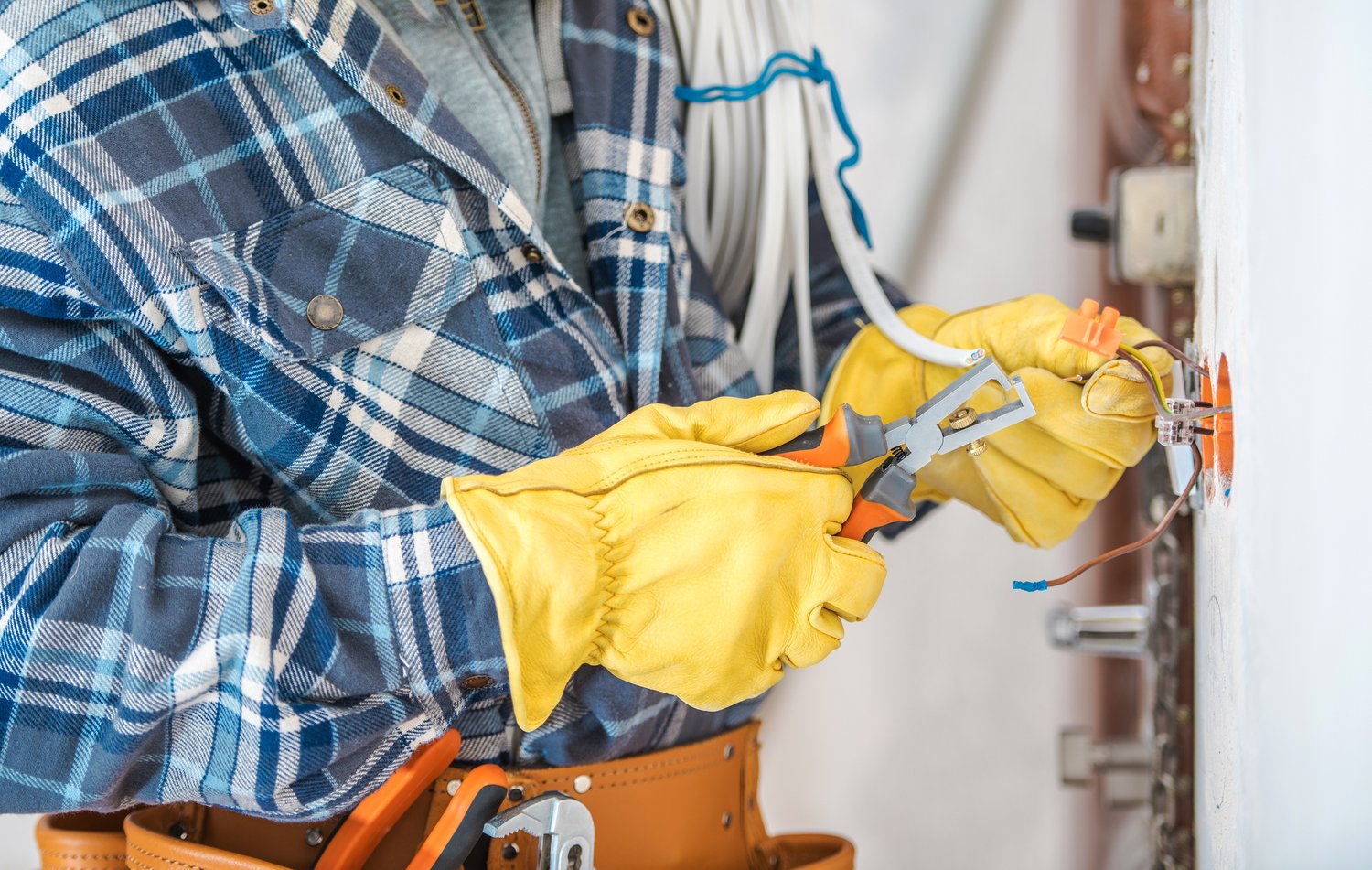Home exchange, also known as house swapping, offers a unique and cost-effective approach to travel accommodation that’s gaining popularity worldwide. Instead of booking hotels or rental properties, travelers temporarily exchange homes with each other, creating opportunities for authentic, local experiences while saving significantly on accommodation costs. This comprehensive home exchange guide will explore how the process works, the numerous benefits of home swapping, potential risks to consider, and essential tips for successful home swap arrangements that ensure peace of mind while you’re away.
Understanding Home Exchange
Home exchange or house swapping for vacation is exactly what it sounds like: you stay in someone else’s home while they stay in yours. This arrangement typically happens simultaneously, though some platforms also facilitate non-simultaneous swaps where timing doesn’t align perfectly. The concept dates back decades but has surged in popularity with the advent of specialized websites and apps that connect homeowners globally. Unlike traditional vacation rentals, no money typically changes hands for the accommodation itself, making it an economical alternative to conventional travel lodging options.
The process usually begins with creating a detailed profile on a home exchange platform, showcasing your home with photos and descriptions while specifying your desired destinations and travel dates. Once you match with someone interested in visiting your area while you visit theirs, you’ll communicate directly to establish rules, expectations, and logistics before finalizing the arrangement. Many experienced exchangers recommend video calls to build trust and discuss specifics about home care, local amenities, and any special instructions for appliances or house systems.
Benefits of Home Swapping
The benefits of home swapping extend far beyond cost savings, though the financial advantage is certainly significant. By eliminating accommodation expenses that typically consume 30-50% of travel budgets, travelers can extend their trips or allocate funds toward experiences instead. Families particularly appreciate the extra space, separate bedrooms, and kitchen facilities that make traveling with children much more comfortable and practical than squeezing into hotel rooms.
Perhaps the most compelling advantage is the opportunity for cultural immersion. Staying in residential neighborhoods rather than tourist districts offers authentic glimpses into local life. Many exchangers leave personalized recommendations for restaurants, markets, and hidden gems that wouldn’t appear in guidebooks. Some even introduce swappers to friends and neighbors, creating meaningful connections that enhance the travel experience. Additionally, having access to household amenities like washing machines, full kitchens, and sometimes even vehicles provides substantial convenience during extended stays.
Potential Risks of House Exchange
While house swapping offers numerous advantages, understanding the risks of house exchange is essential for making informed decisions. The primary concern for most first-timers involves trusting strangers with their homes and possessions. Though problems are relatively rare according to platforms like AskHomey, which monitors home service trends including alternative accommodation options, the possibility of property damage, theft, or inadequate cleaning exists with any arrangement involving your home.
Privacy concerns also merit consideration, as exchangers will have access to your personal space. Most experienced swappers address this by creating a “owner’s closet” where they store valuables, important documents, or sentimental items. Additionally, misunderstandings about home conditions can arise if descriptions don’t match reality—your definition of “clean” or “modern” might differ from your exchange partner’s. Finally, there’s always the risk of last-minute cancellations that could disrupt travel plans, particularly if you’ve already purchased non-refundable flights or made other arrangements.
Finding Reputable Platforms
Choosing trustworthy platforms significantly reduces potential problems with house exchanges. Established services typically offer membership fees rather than operating on free models, which tends to attract more serious and committed exchangers. Look for platforms that verify member identities, provide secure messaging systems, and offer reviews or references from previous exchanges.
Popular options include Home Exchange, Love Home Swap, and HomeLink, each with slightly different models and membership structures. Some cater to specific demographics like senior travelers or families with children, while others focus on particular property types or locations. Take time to research multiple platforms before committing, as membership fees and verification processes vary considerably. Many services offer trial periods that allow you to browse listings before paying full membership costs.
Tips for Successful Home Swap
Creating a successful home swap begins with honest, detailed communication. Provide clear photographs of your entire property—not just the best features—and describe both advantages and limitations accurately. Be forthcoming about neighborhood noise, ongoing renovations, or other factors that might affect someone’s stay. When communicating with potential exchange partners, respond promptly and ask thoughtful questions about their expectations and needs.
Prepare comprehensive house manuals explaining everything from waste collection schedules to emergency contact information. Include instructions for appliances, entertainment systems, and any quirky features of your home. Many successful exchangers also prepare a welcome basket with local treats and basic supplies to help their guests settle in comfortably. Finally, arrange for a trusted neighbor or friend to serve as a local contact person who can assist with unexpected issues during the exchange.
Clear agreements about responsibilities are fundamental to positive exchanges. Establish expectations about cleaning (both before departure and upon return), replacements for any consumed items, pet care if applicable, and handling of minor damages. While formal contracts aren’t always necessary, written agreements via email provide valuable reference points if misunderstandings arise.
For more tips and to connect with reliable home service professionals, follow AskHomey on Facebook and Instagram.



